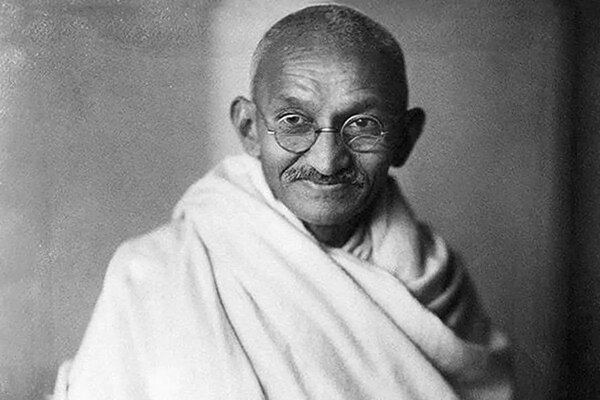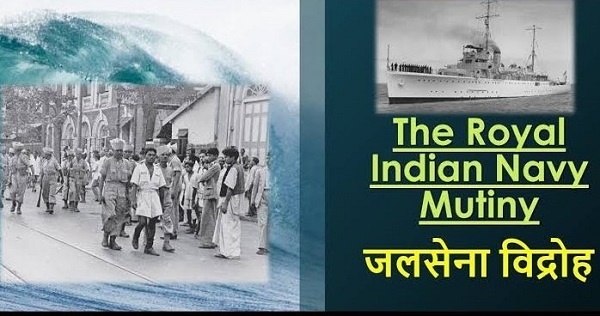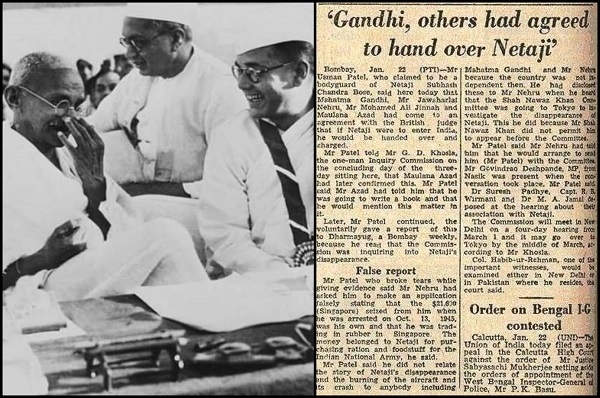Can we afford adopting Gandhian path today?
Total Views |
-Anjali Ankad
When people around think about independent India, they knowing, unknowingly paint Mohandas Karamchand Gandhi in minds as he was deeply revered for his non-violence philosophy. He was known to his many followers as Mahatma, or "the great-souled." He is also regarded as the Father of the Nation for his contributions towards India's independence. Having said that, his actions have been questioned time and again. It is he who made India regard as a peace-loving nation which is, in fact, true but should it be helpless spectators of violent acts committed to the country or its countrymen?

Gandhi was a non-violent person and he believed that one can achieve anything if took the path of non-violence. Any injustice can be challenged through Satyagraha or non- violent protests, he believed. He said it was not the weapon of weakness. However, most of the time today, it becomes irrelevant. There arises an undeterred need to stand against the violence committed to the nation, to get justice.
Remember the time when the Royal Indian Navy mutiny stood against the British? It was one of the crucial movements that took place during India's independence. The Indian leaders had betrayed their own forces at that time. The mutineers got no support at all from the Indian National Congress. They were even condemned for their actions for going against the British.

Mahatma Gandhi then issued a statement criticizing the mutineers for revolting without any guidance from a political party. Though the Quit India Movement 1942 is regarded as one of the major movements to achieve India's independence, the impact of the movement was not enough strong to last for a few days. Meanwhile, the Royal Indian Navy mutiny lasted only for 4 days and was put down swiftly but the impact went much beyond.
Gandhi had stood against the British but his actions spoke otherwise. Netaji Subhash Chandra Bose who was firm to wipe out British from India was part of Congress but was ousted from Congress leadership positions in 1939 following differences with Gandhi and the Congress high command. Gandhi along with Nehru, Jinnah, and Azad was ready to handover Netaji to the British government. He was subsequently placed under house arrest by the British before escaping from India in 1940. Netaji who was a major part of bringing independence to the country was betrayed by his own people. Bose along with Sardar Vallabhai Patel could have taken India years ahead of present China. They could have averted partition of Pakistan. There would have not been the Kashmir dispute or multiple wars or the loss of tens of thousands of lives.

Gandhi tried to mitigate the caste discrimination caste and improve hygiene in India, but, on the other hand, he did not allow a separate electorate for suppressed classes as proposed by Dr. Babasaheb Ambedkar. That would have avoided the idea of reservation for promotion as well based on caste since a definite political representation could have been vouched against such privileges. That would have avoided the idea of reservation for promotion as well based on caste since a definite political representation could have been vouched against such privileges. The atrocities against Dalits could have been avoided which are still being witnessed.
These are some instances that display that Gandhi though tried to bring independence with his philosophy but it led to creating several blunders for India as a country. Due to these blunders by him, India still has to pay in some or the other way.

